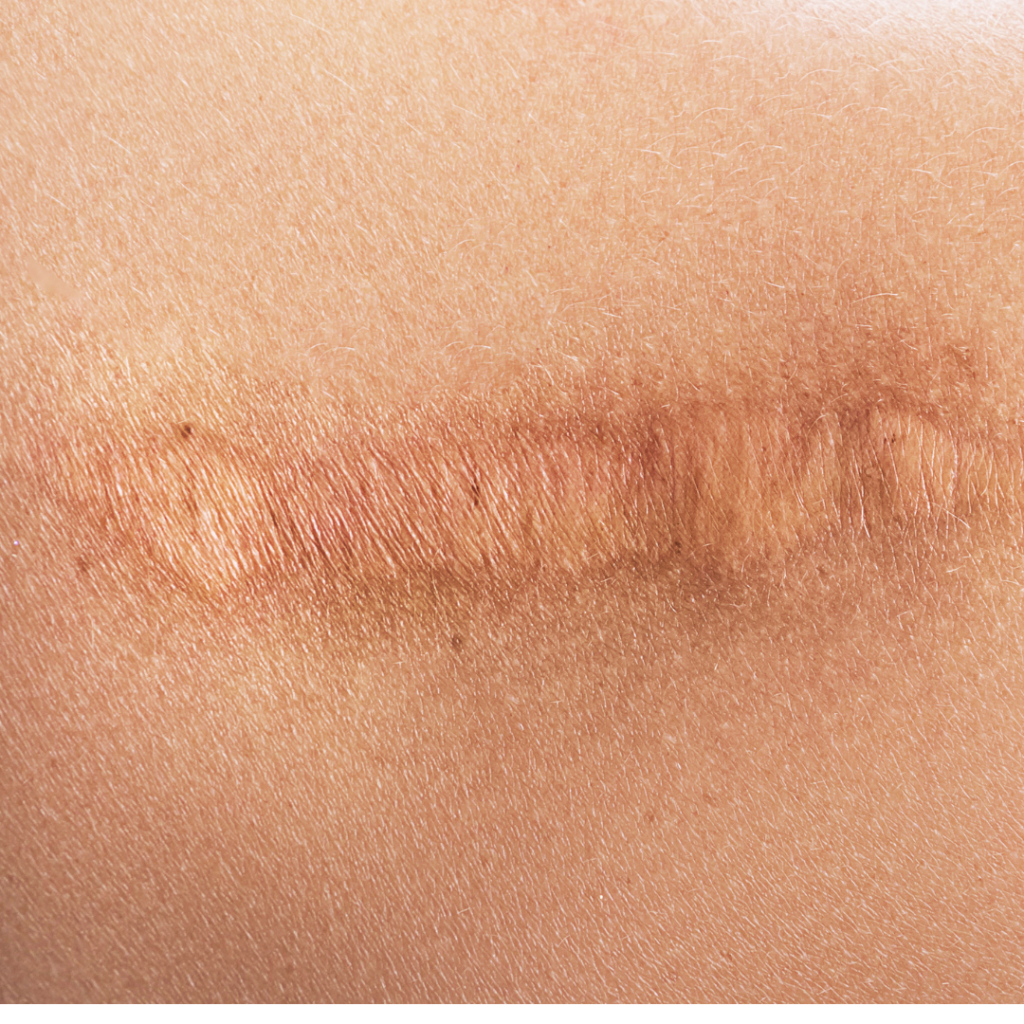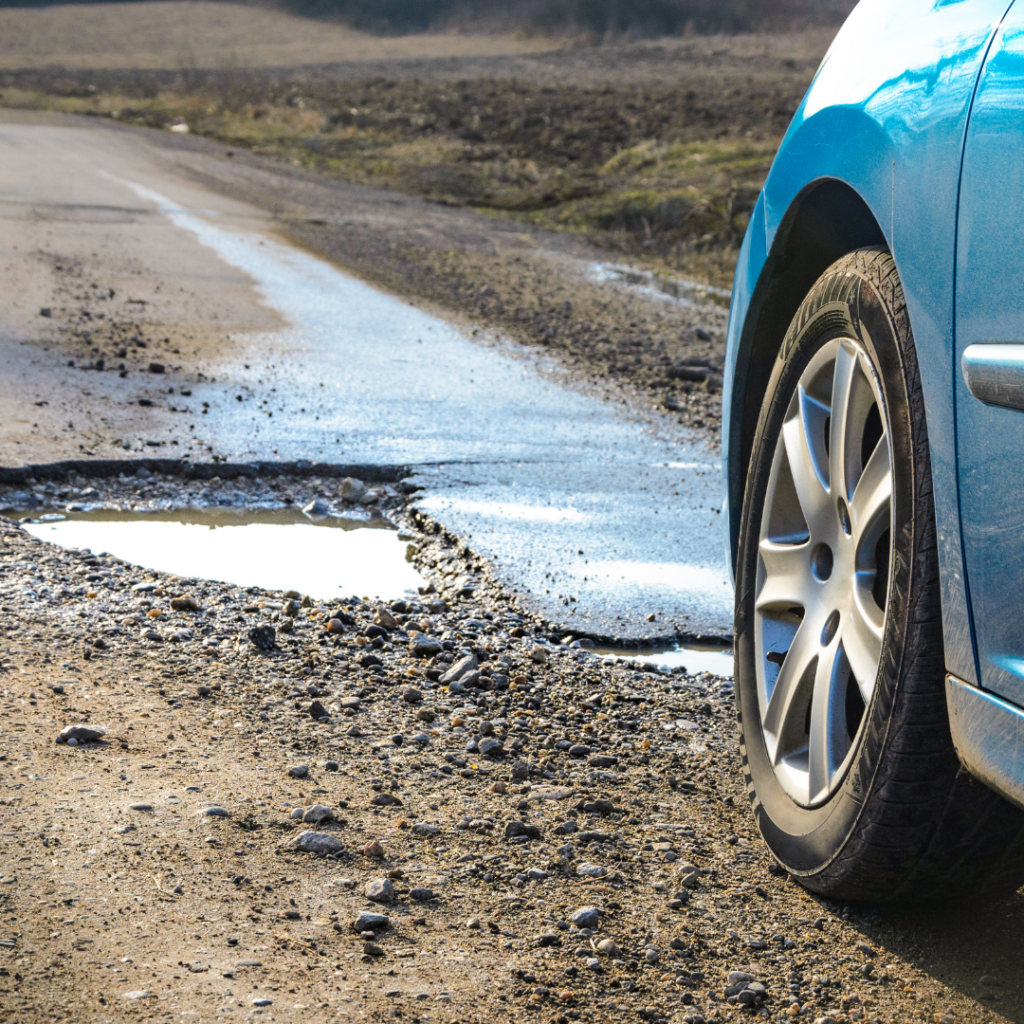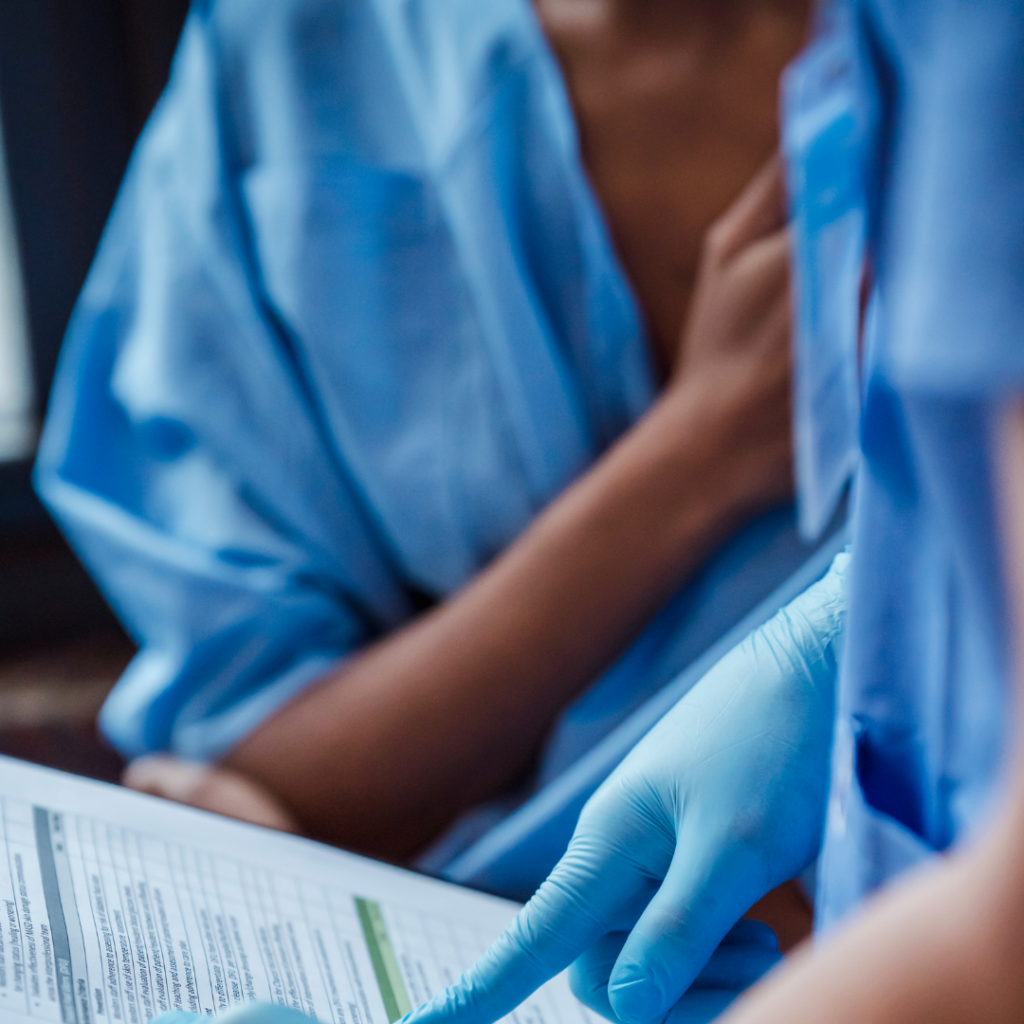In today’s digital age, the omnipresence of CCTV cameras has shifted the landscape of legal proceedings, particularly for accident victims. Whether we notice them or not, these cameras are silently capturing evidence that could be pivotal in personal injury claims. If you’ve been involved in an accident, this guide will show you why obtaining CCTV footage is crucial, how to do it, and the benefits it can bring to your case.
CCTV Footage in Modern Legal Cases
A decade ago, video evidence in courtrooms was a rarity; today, it is almost expected. With the proliferation of CCTV and dash cams, obtaining video evidence has never been easier. From bustling city streets to quiet suburban corners, cameras capture everything from road traffic accidents to slips and falls. This footage can be a game-changer, providing clear, unbiased evidence of the events leading to an accident.
The importance of CCTV footage cannot be overstated. It provides a factual account that supports or refutes claims, establishing liability and helping accident victims substantiate their cases. Legal professionals now routinely ask clients about the availability of such footage, reinforcing its significance in personal injury claims.
Why CCTV Footage is Crucial for Accident Evidence
When it comes to personal injury claims, proving what happened is essential. CCTV footage offers an objective narrative that words alone may not adequately convey. It captures details that might be overlooked or contested, such as the exact sequence of events, the behaviour of individuals involved, and environmental conditions. Such evidence can be instrumental in establishing liability, especially in complex cases.
Furthermore, CCTV footage can protect accident victims from false accusations. In contentious situations where parties offer differing accounts, video evidence serves as an impartial witness, clarifying misunderstandings and ensuring justice is served.
Who Can Request CCTV Footage?
One of the most empowering aspects of data protection laws is the right of individuals to request CCTV footage from cameras recording public spaces. If you’ve been involved in an accident, you can make a Subject Access Request to obtain the footage. This process is straightforward and free of charge, but timing is crucial.
Acting quickly is vital since recordings are often erased after a set period. By securing footage early on, you safeguard your ability to use it in your claim, even if you’re uncertain about pursuing legal action.
Steps to Request CCTV Footage
To request CCTV footage, you must identify the Data Controller responsible for the camera capturing the incident. Once identified, you can submit a Subject Access Request under Article 15 of the General Data Protection Regulation (GDPR). The Data Protection Commission provides detailed guidance on how to make such requests, ensuring that your rights are upheld and your data is protected.
Being proactive in requesting CCTV footage can significantly impact your case. It provides your solicitor with a crucial piece of evidence to assess your situation and determine the best course of action.
The Increasing Availability of CCTV Cameras
Thanks to technological advancements, CCTV cameras are more prevalent than ever. From public transportation to retail establishments, these devices are everywhere, making it increasingly likely that your accident was caught on camera. Dash cams, in particular, have become a valuable resource, providing additional perspectives on road incidents.
This widespread availability of video evidence means that accident victims have more resources at their disposal to prove their claims. By taking advantage of these technologies, you enhance your chances of receiving a fair settlement or judgement.
Navigating the Legal Landscape with Video Evidence
Having CCTV footage is a powerful tool, but understanding how to use it effectively in legal proceedings is equally crucial. A skilled solicitor can help you interpret the footage, contextualise the events, and present a compelling case in court. Their expertise ensures that the evidence is admissible and used to its fullest potential.
Legal professionals like Sean Fitzgerald from HOMS Assist specialise in personal injury litigation, providing invaluable support to clients navigating the complexities of the legal system. By partnering with an experienced solicitor, you position yourself for success, maximising the chances of a favourable outcome.
Building a Strong Personal Injury Claim
CCTV footage is a key component of a robust personal injury claim. Alongside witness statements, medical records, and expert testimonies, it forms a comprehensive picture of the incident. By compiling strong evidence, you bolster your case and increase the likelihood of a successful resolution.
In addition to evidentiary value, CCTV footage can expedite the claims process. Clear, irrefutable evidence encourages out-of-court settlements, reducing the time and stress associated with lengthy legal battles.
Protecting Your Rights with CCTV Footage
Understanding your rights regarding CCTV footage empowers you to take control of your case. By promptly requesting and securing video evidence, you ensure that your perspective is represented accurately. With the backing of solid evidence, you can confidently pursue justice, knowing that your claim is supported by undeniable facts.
Data protection laws are designed to uphold your rights and privacy. By leveraging these regulations, you take a proactive step in safeguarding your interests and holding responsible parties accountable.
Addressing Common Concerns about CCTV Footage
Despite its benefits, some accident victims may hesitate to seek CCTV footage due to concerns about privacy or legal implications. It’s important to address these concerns head-on, providing clarity and reassurance about the process.
Firstly, requesting CCTV footage is a legitimate right under GDPR, and taking advantage of it does not infringe on your privacy. Furthermore, the presence of video evidence strengthens your case, ensuring that the truth prevails.
Conclusion
CCTV footage is an invaluable asset for accident victims, offering clear, objective evidence that can significantly impact personal injury claims. By understanding how to request and utilise this footage effectively, you empower yourself to pursue justice and receive the compensation you deserve.
If you’ve been involved in an accident, don’t hesitate to take the first step. Reach out to a qualified solicitor, such as those at HOMS Assist, to explore your options and secure the evidence needed for a successful claim. For more information on how to request CCTV footage, visit the Data Protection Commission’s website at dataprotection.ie, where you’ll find comprehensive guidance and support.









